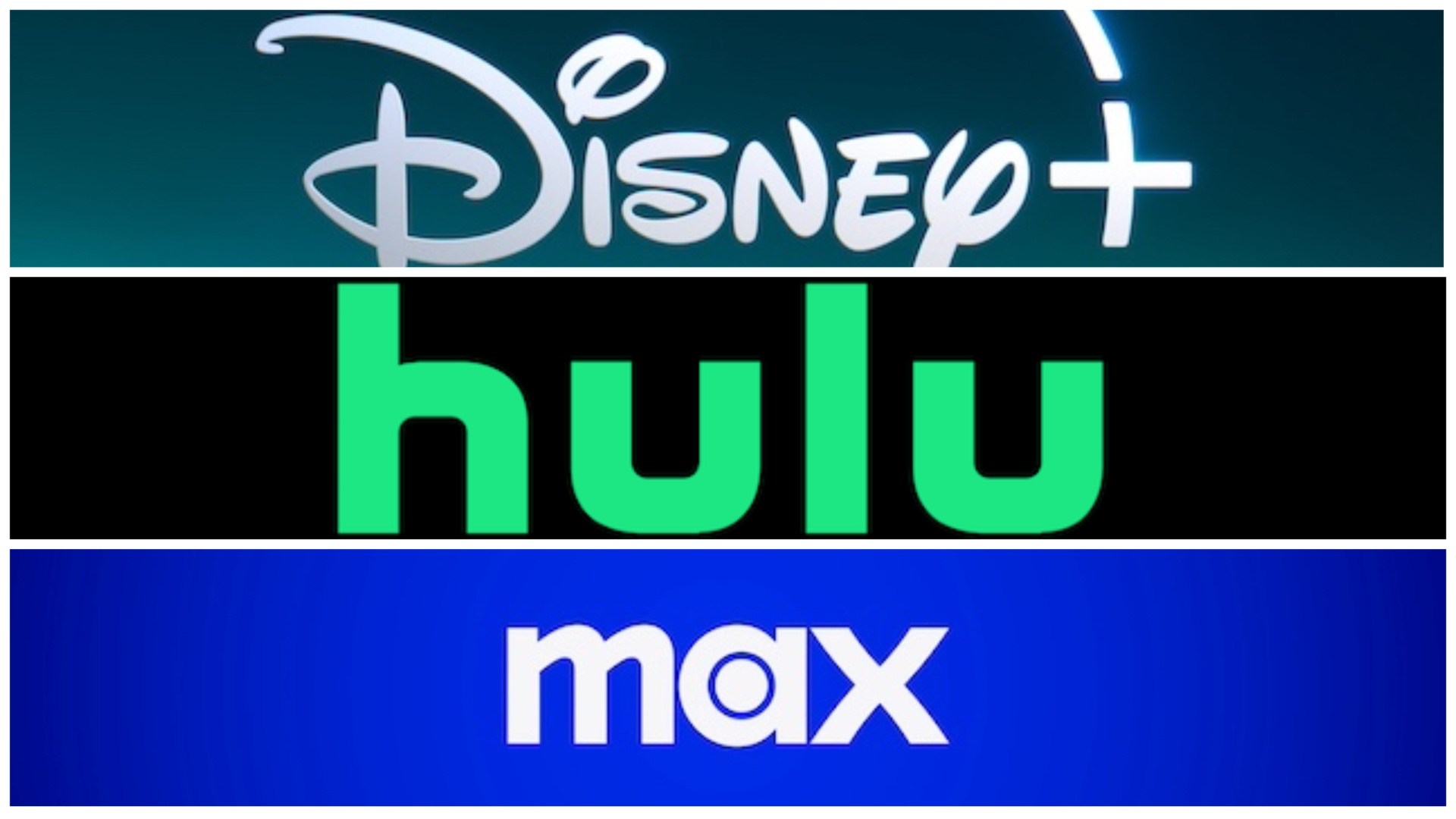Entertainment
The Streaming War Is Over and All It Cost Was the Entertainment Industry

Naturally, Warner Bros. and Disney have pitched this as a win for consumers and shareholders alike. In reality, it’s a surrender—a tacit acknowledgement that all attempts to disrupt the entertainment industry damn near broke it instead.
Ever since Netflix pioneered the VOD streaming subscription game, everyone else has been eager to get in on the action. Yes, the traditional media models of network television, cable television, pay cable, theatrical releases, and physical media were working just fine in concert with Netflix’s streaming accompaniment but in the corporate world “doing just fine” only means “not growing fast enough.” Despite the fact that Netflix rarely posted eye-popping profits come earnings season, the entertainment gatekeepers came to believe that the growth potential provided by the internet was infinite.
Some two decades later, precisely no one has made real money in the streaming space. Netflix’s winnings have been limited due to the sheer amount of pricey programming it has greenlit. Amazon, NBCUniversal, and Paramount have all yet to enjoy a profit from their premier streaming services (though Paramount projects one for Paramount+ in 2025). Disney and Warner Bros. actually have posted profits for their streamers but Disney’s came along with a steep ESPN+ loss and Max’s profits came only due to a price increase amid a shedding of 700,000 subscribers. As these companies have found out, while the internet might be theoretically limitless, the attention span and pocketbooks of the consumers expected to watch all this stuff isn’t.
Fixating on the boundless potential of what a business could be rather than enjoying the bountiful reality of what it actually is has long been a feature of the corporate economy, but the mindset has grown more acute as the magical thinking of Silicon Valley spreads to boardrooms across the country. The effects of this misplaced ambition haven’t been painful solely for executives on earnings conference calls, they’ve also been downright ruinous to the health of the entertainment industry overall.
Perhaps you’ll recall a recent bit of Hollywood news when both the Writers Guild of America (WGA) and the Screen Actors Guild (SAG-AFTRA) went on strike to receive an equitable contract from the studios, streamers, and companies represented by the Alliance of Motion Picture and Television Producers (AMPTP). Like all work stoppages, there were many disparate reasons for these strikes. But at their core, they both came down to the same thing: the math just didn’t add up anymore.
While the major players in both creative professions have always been and always will be taken care of, the sizable “middle class” of actors and writers could only watch as their compensation and benefits began to dwindle. That shrinking began, not coincidentally, with the dawn of the streaming era. Before streaming, TV writers could rely on institutions like writers’ rooms that created more jobs and lengthy episode orders that provided career stability. Similarly, the pre-streaming world provided benefits to actors like theatrical releases that generated reliable success metrics to use in contract negotiations, rather than the locked box of proprietary data that streamers hold close.









